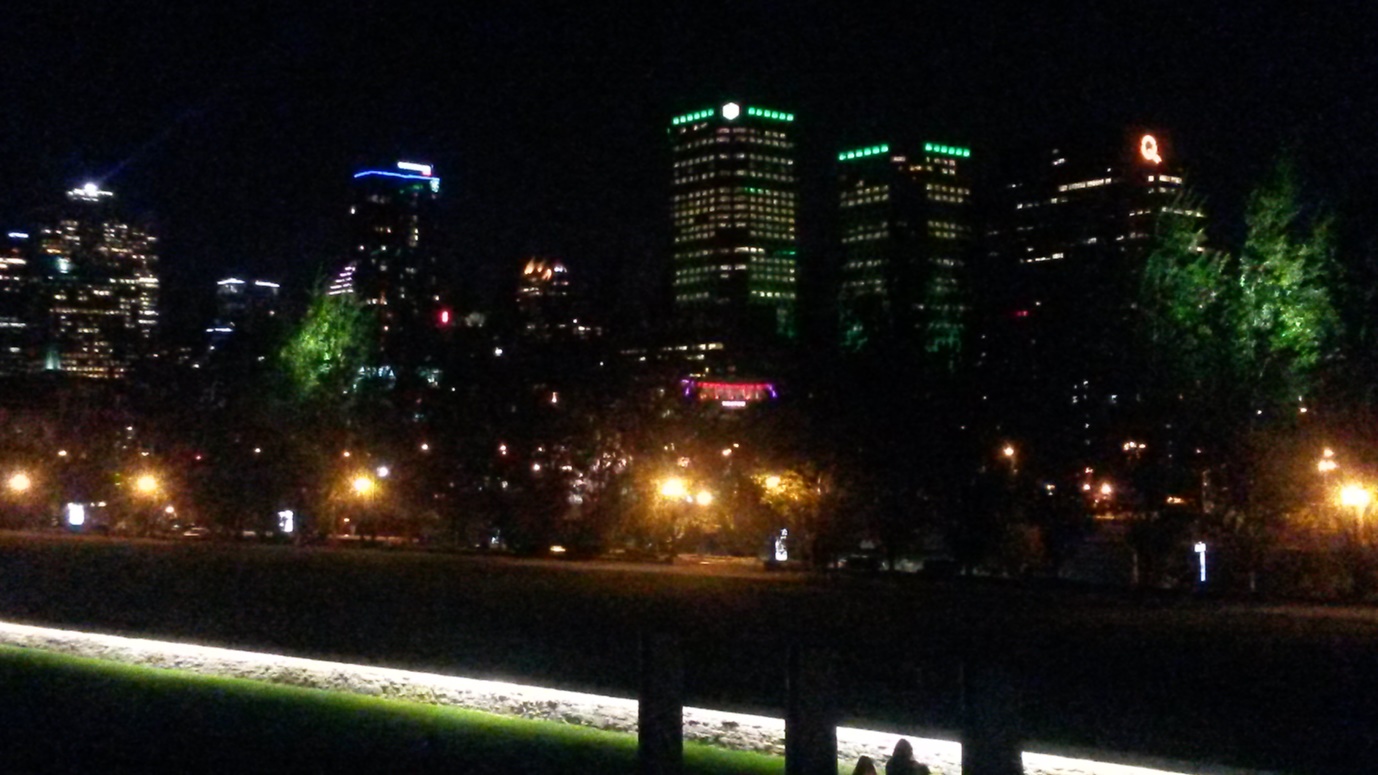9 Nov. What did John mean by the 'last days'?
"My dear children, these are the last days."
"You have heard that the enemy of Christ is coming, and now many enemies of Christ are already here. This is how we know that these are the last days."
"These enemies of Christ were in our fellowship, but they left us. They never really belonged to us; if they had been a part of us, they would have stayed with us."
"But they left, and this shows that none of them really belonged to us."
(1 John 2:18-19)

John, in common with other early Christian writers, often refers to the ‘last days’ or ‘end times’, when the world in its present form (‘this world’) will come to an end (see Hebrews 1:2, 2 Timothy 3:1, James 5:3, 2 Peter 3:3 & 1 John 2:17-18).
In this section of his First Letter, John warns the believers that the ‘last days’ are near. They've been told that many enemies of Christ will appear before the end of ‘the world as we know it’, and this is already happening. Some are even abandoning their faith in Jesus Christ.
Many Jews (and Jewish Christians) believed that, at the ‘end of time’, all the dead would rise from their graves (see Mark 12:23-25 & John 11:24) and God would come down to earth to ‘judge’ both the living and the dead (see Daniel 12:1-4, Luke 11:31-32 & Romans 14:10-12).
Those who followed God’s ways during their lifetime would receive a new ‘resurrection’ body and enjoy a new earthly existence (‘eternal life’) in a world renewed by God.
Those who rejected God’s ways, on the other hand, would be eternally punished for their wicked deeds (see Malachi 4:1-3, Romans 2:5-8 & 1 John 5:11-13).
John (a Jewish Christian) believed that the ‘end times’ were already near. In common with Paul and Peter, he believed that Jesus’s bodily resurrection from the dead had already initiated the ‘last days’, and the bodily resurrection of all the dead was imminent (see 1 Thessalonians 4:13-17& 1 Corinthians 15:20-25).
As a Christian, he believed that when the trumpet sounded to announce the ‘Day of the Lord’, it would be the risen Lord Jesus – God’s Messiah or ‘Christ’ – who would open the parchment books or ‘scrolls’ recording people’s deeds. He would then judge both the living and those who had been ‘asleep’ in death (see Revelation 5:6-10, 11:15-18 & 20:11-15).
In this way, John tells us that God will come from the ‘heavenly’ realms at the ‘second coming’ of Jesus, to live for eternity with his ‘resurrected’ people on a renewed earth where everyone lives in harmony with God’s original plan for humanity.
Instead of God living in the Temple in Jerusalem, John envisages a ‘New Jerusalem’ where there is no need for a temple, because God is living on earth among his people (see Revelation 21:1-4, Matthew 24:30-31 & Mark 8:38).
The photo shows the lights of Montreal at night.
You can read more from John's First Letter @ https://www.thebiblejourney.org/…/19-john…/love-one-another/
